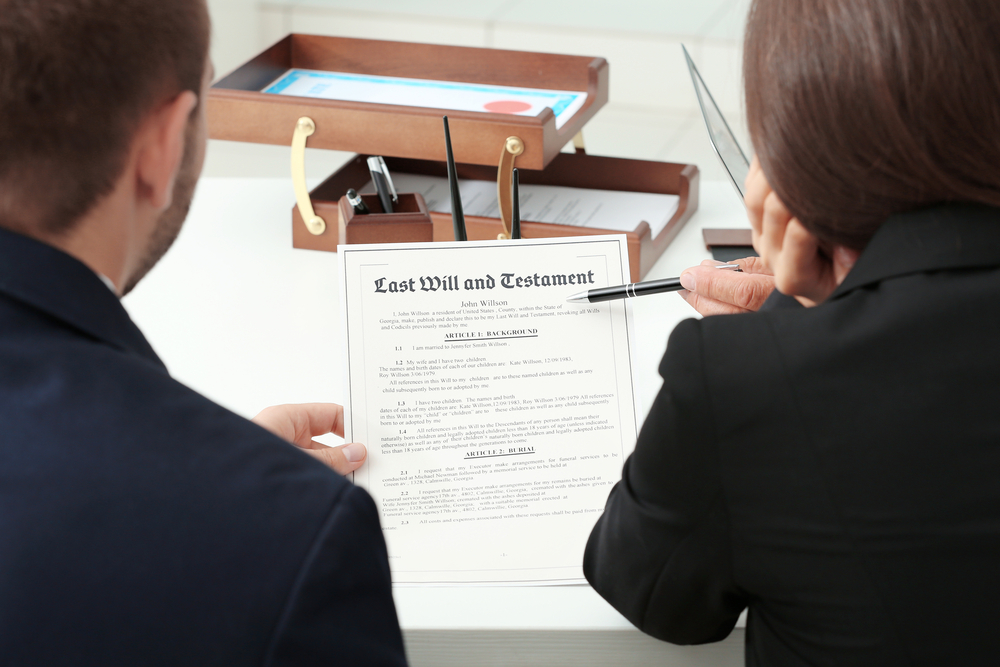Caring.com, in association with You.gov conducts annual surveys on the state of estate planning in the US. The 2024 Survey has encouraging and discouraging news.
The encouraging news is the percentage of the population of 18-35 year olds with a plan in place continues to grow – 50% increase since 2020. Whoo Hoo!
The discouraging news is for the rest of us, now fewer than 1/3 of us have a plan in place – 32%.
It’s also fundamentally for the same reasons – “I don’t have enough assets,” or “I’ll get to it when I have a health crisis.”
Both those reasons misunderstand the point of an estate plan and in some cases cause us to forgo being able to create one.
“I Don’t Have Enough Assets”
Estate planning (Wills, Health Care Proxies, Powers of Attorney, maybe a Trust) is not about how much you have. It’s about having people and instructions in place so you can make sure people of your choice are there to help you out NOW and after you’ve passed.
In addition to distributing money or other assets, a Will is vital in order to name someone to manage your social media and other digital assets (photos, music, website, etc.). Without this designation, whoever is appointed, likely by the Court, to manage your affairs will have to spends LOTS of time and money battling the tech giants like Apple, Google, Meta, etc. to get access to that information.
If you have children under 18, the Will is where we name guardians to care for those children in the event you cannot. You can also name a pet guardian in the Will so your pet will go to someone of YOUR choice.
The Will (or Trust) is also where you can divvy up your ‘things.’ As is shared in this USA Today Article – “I’ve seen families break up over a piano.”
Estate plans are also vital with blended families, families of choice, or families where the parents are not legally married (Massachusetts). If we don’t have one in place, the Commonwealth tells us who gets our stuff, usually spouses and biological relatives.
“I’ll Wait For A Medical Emergency”
40% of the survey group said this. This may be OK but it may be too late. If the medical emergency results in you losing your ability to speak or make your own health care choices, your preferences may not be known or honored. Waiting until after a medical emergency may be too late to put something in place to support you. So please, do it now!
As I’ve shared with many of you before, it’s not about the money. The focus of the phrase “estate plan,” should be on the PLAN. It’s about getting instructions and people of your choice in place to support you when you need them.

